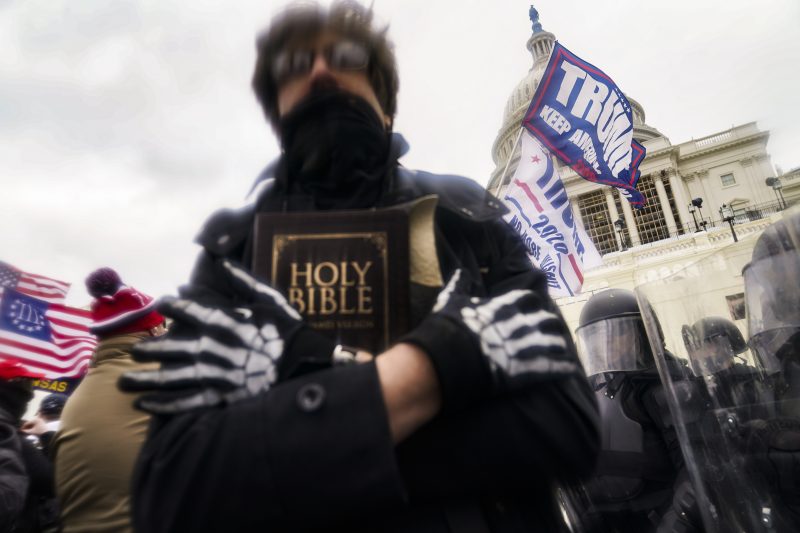In contemporary American politics, President Donald Trump has often been criticized for his use of divisive language and inflammatory rhetoric. The language he uses can often be viewed as dog whistles, subtle nods towards specific groups or ideas while maintaining plausible deniability. Some of his statements have been interpreted as subtly encouraging unrest and violence among his followers. This article explores several instances where Trump’s words have been seen as dog whistles for unrest and violence.
One clear example of Trump’s alleged use of dog whistles was during the 2020 Black Lives Matter protests. In response to the protests, Trump tweeted that when the looting starts, the shooting starts, a phrase with a long history of being used to justify violence against protestors. While Trump later claimed he was not advocating for violence, many criticized his choice of words as irresponsible and dangerous.
Another instance where Trump’s language raised concerns was during the Capitol insurrection on January 6, 2021. In the days leading up to the event, Trump repeatedly made baseless claims of election fraud and urged his supporters to take action. During a rally on the day of the insurrection, Trump told his supporters to fight like hell and that they would never take back their country with weakness. Critics argue that these statements were clear dog whistles for his supporters to engage in violent actions.
Trump’s use of dog whistles extends beyond just encouraging unrest and violence. His rhetoric has also been criticized for targeting marginalized groups and inciting hatred. For example, his use of terms like fake news to denounce critical media coverage has been seen as an attempt to undermine the credibility of the press and sway public opinion in his favor.
Overall, Trump’s use of dog whistles about unrest and violence has been a source of controversy and concern throughout his presidency. Critics argue that his inflammatory language has contributed to a climate of division and hostility in American society. As the country continues to grapple with issues of polarization and political violence, it is essential to scrutinize the language used by leaders and hold them accountable for the messages they convey.
